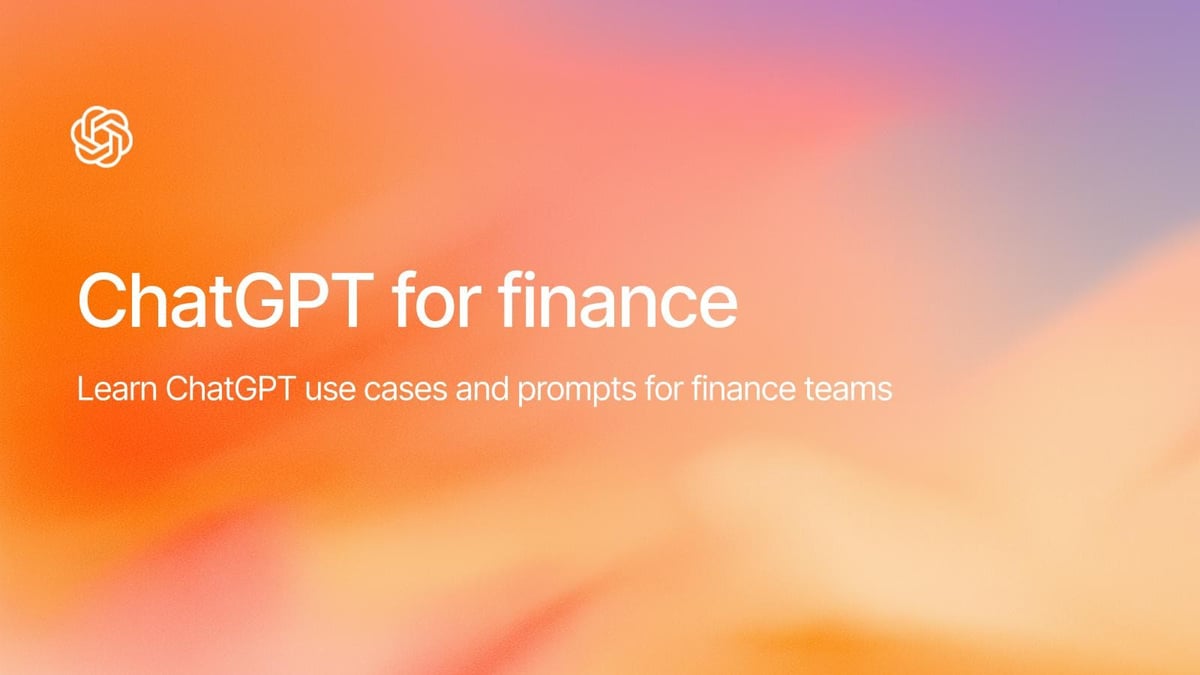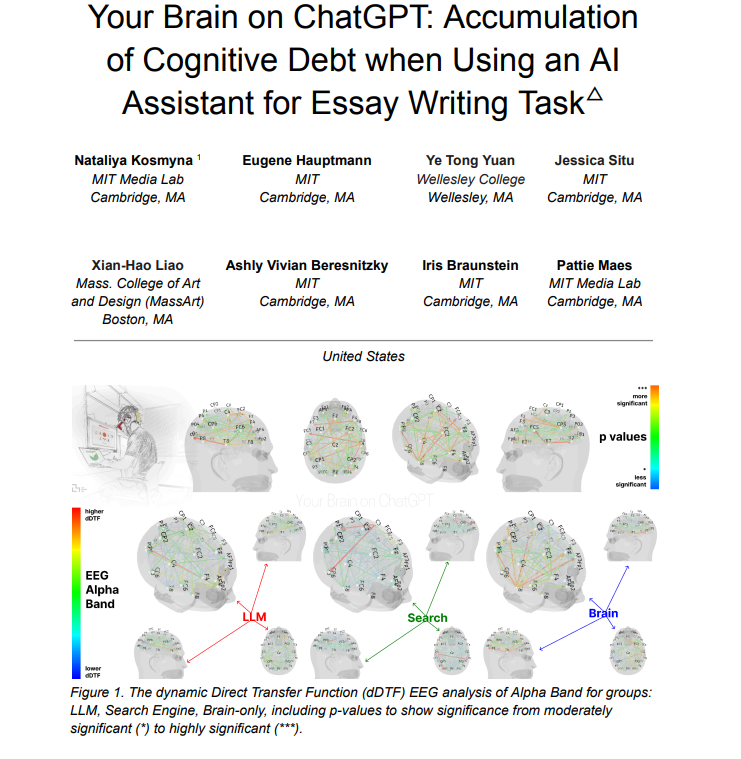It may sound a bit dramatic, but it’s often true: relying too heavily on “AI hacks” (prompt tricks, shortcuts) can turn you into the very person training AI to replace the work you’re doing.
Recently, ChatGPT launched a free prompt pack for finance — from accounting to financial statement analysis — offering tremendous potential for finance professionals. (OpenAI Academy) But this is both an opportunity and a warning.

AI Hacks — Useful, but Short-Lived
-
Instantly effective, but quickly outdated: a prompt that works today may stop working once the AI model is updated.
-
Overreliance = teaching AI to replace you: if users only know how to apply tricks without deeper understanding, they’re essentially training AI to take over their role.
-
Passive effect: OpenAI doesn’t need to try too hard — users feed formulas into the system, and AI naturally gets better without further effort.
Use the Tool, but Prioritize Skills & Value
-
AI hacks should be treated as supporting tools, not “magic formulas.”
-
The real challenge is not about memorizing tricks but about developing thinking, skills, and value beyond prompts — meaning: understanding the logic, being able to refine outputs, and adapting them to the right purpose.
-
When you grasp the reasoning behind a prompt, you won’t be dependent on it — you can customize, combine, and even develop new prompts that suit your own needs.
Finance Prompts: Opportunities & Risks
OpenAI Academy just released a set of finance-oriented prompts: benchmarking, cost analysis, cash flow planning, management reporting, and more. (OpenAI Academy) This is a valuable resource if you:
-
Know how to integrate it with your own data
-
Know how to validate results for accuracy
-
Know how to adjust prompts as the model evolves
But if you simply copy-paste these prompts into your workflow without understanding or oversight, you risk:
-
Falling into logical errors or inaccuracies you can’t detect
-
Becoming dependent on prompts instead of your own financial analysis skills
-
Losing ground in creativity and professional reasoning
How Not to “Dig Your Own Grave”
-
Understand the mechanics of prompts — don’t just memorize, know why it works.
-
Adapt to your own context — different data and goals require tailored prompts.
-
Always validate outputs — check for logic, accuracy, and reliability.
-
Combine with domain expertise — prompts assist, but you still need financial knowledge and analytical thinking.
-
Keep updating and innovating — as AI evolves, outdated prompts lose value, so keep improving your approach.
Conclusion
Prompt hacks can be appealing and practical, especially in finance where OpenAI is rolling out strong support. (OpenAI Academy) But if we only “memorize tricks” without developing our own thinking, skills, and unique value — then yes, as you put it, we are digging our own grave.
Make AI your assistant, not the student you train to replace you



 Tiếng Việt
Tiếng Việt






